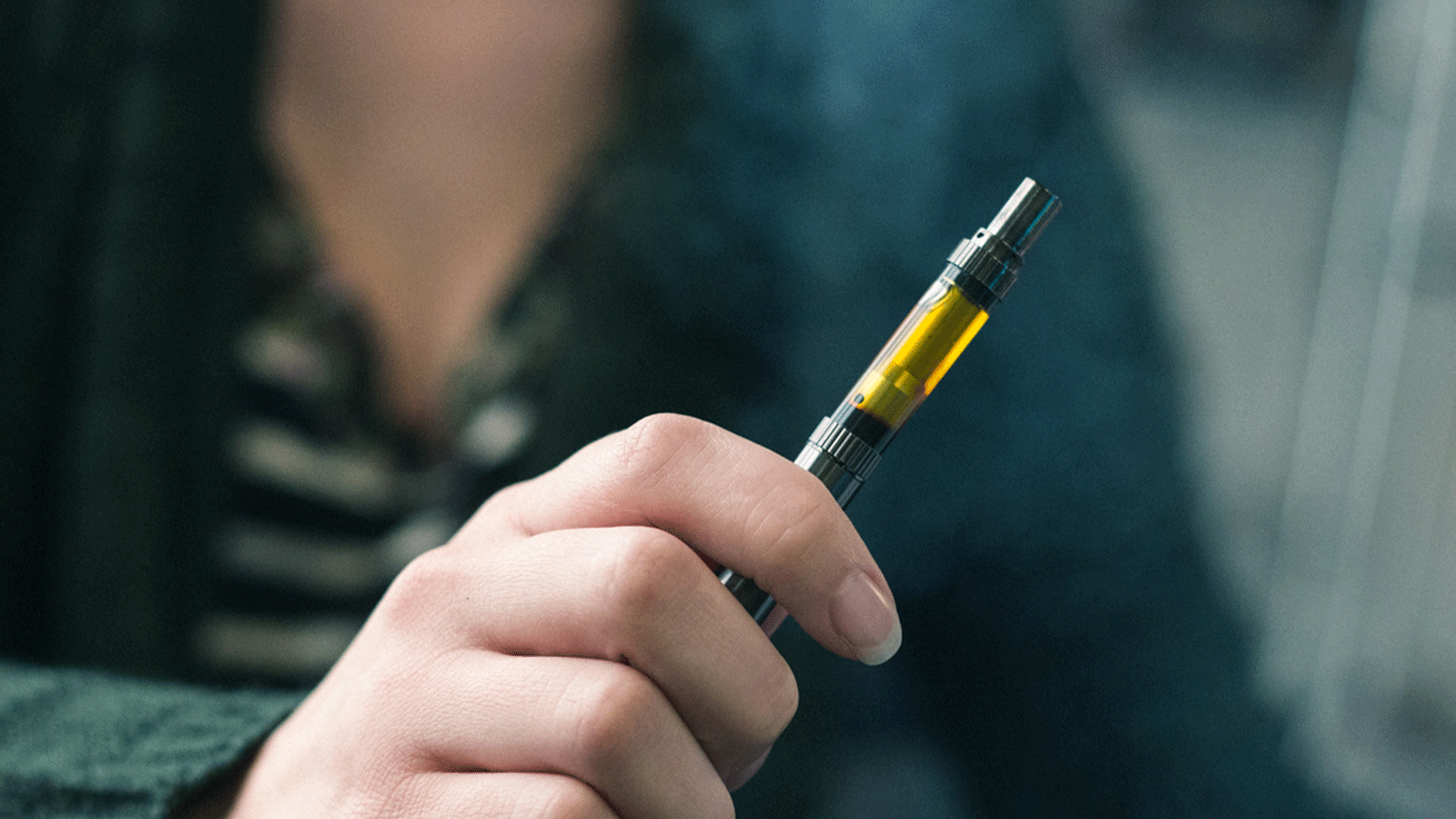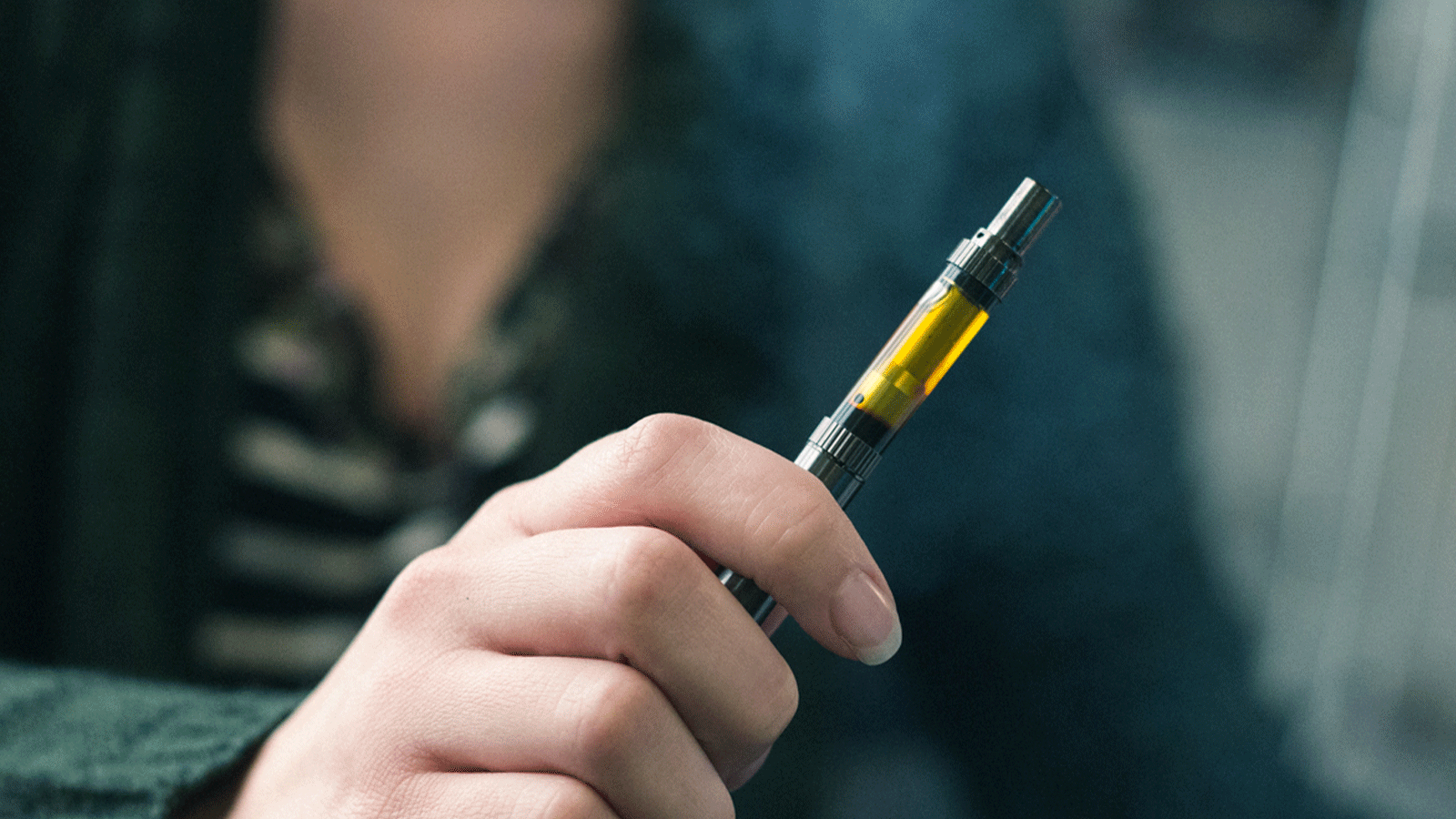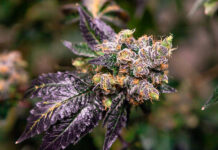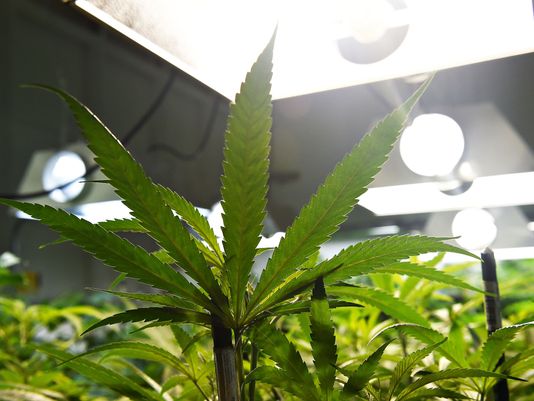
Out of a combined effort by the Lambert Initiative and two universities in Australia — Macquarie University and the University of Sydney — comes an animal study that isolates CBD as a promising treatment for addiction to methamphetamine. In recent years, a number of studies have shown emerging evidence of the potential therapeutic effectiveness of cannabidiol (CBD) in treating a variety of addictions such as heroin, cocaine, and alcohol, to mental disorders such as schizophrenia to the psychoses and anxiety that can accompany addiction.
Based on the findings of their own study and others, and given the safety record and availability of CBD, the organization is hoping to proceed quickly to clinical tests, pending government approval, according to Iaian McGregor, academic director of the Lambert Initiative.
“We would like to see a large clinical study,” McGregor said, adding that Lambert already has the funding set aside to continue.
Cannabidiol (CBD) can reduce the motivation to seek and consume methamphetamine. Click To Tweet
In a study published in the Sept. 27, 2018, Journal of Psychopharmacology, researchers reported “cannabidiol can reduce the motivation to seek and consume methamphetamine.” Researchers fit 32 lab rats with catheters and trained them to self-administer methamphetamine by pressing a lever.
“They’ll actually pump that lever hundreds of times an hour, it’s quite dramatic,” McGregor said.
Although larger-than-expected doses of CBD (80 milligrams per kilogram) were required to obtain the desired effect, the drug not only reduced motivation but also lowered relapse.
The study authors described the work as a first-of-its-kind study, calling it “the first demonstration that cannabidiol can reduce the motivation to seek and consume methamphetamine, and suggests that cannabidiol might be worth trialing as a novel pharmacotherapy for methamphetamine dependence.”
McGregor was a little more circumspect about the groundbreaking nature of the study, saying it supported a growing body of research on the effectiveness of cannabis to treat similar addictions and other maladies.
“We’ve seen for some time now the potential of CBD in the addiction space,” McGregor said, especially in studies conducted in San Diego by the Scripps Research Institute, including a recent study using a CBD-infused gel.
“We were quite impressed with that work so we thought let’s have a look at what it does with meth,” he said.
Although overshadowed by opioid addiction, for which CBD therapy is also being investigated, methamphetamine remains a persistent and devastating drug in the United States. According to the National Institute on Drug Abuse, in 2016 5.4 percent of individuals older than 12 said they had tried meth. However, the number of those who used it monthly hovers at 0.2 to 0.3 percent and has been steady in recent years.
There are no federally approved drugs that combat the addiction, leaving treatment to behavioral therapy as the only recognized treatment.
Methamphetamine, also referred to as crank, crystal, ice or simply meth, produces a “rush” when smoked or injected. Meth is said to “hijack the pleasure center of the brain,” according to the Delphi Behavioral Health Group. It is also accompanied by an increase in heart rate and blood pressure. It can also cause insomnia, anxiety, aggression, paranoia, and even psychosis.
According to McGregor, there is significant use of methamphetamine in Australia, particularly in rural areas. He has testified in several high profile cases where horrific crimes were committed under the influence of meth. All of which, he says, heightens the urgency to get CBD into clinical human studies.
For all its potential therapeutically, McGregor notes CBD is not a cure-all and should be used as an “adjunct to standard treatment for meth addiction.”
Dr. Uma Dhanabalan, who has done pioneering work in treating addictions with cannabis, including both THC and CBD, said anything that can help decrease the need and desire for drugs it is worth trying.
“If it can help people, then, yes, let’s go there,” she said of using alternative medications.
Dhanabalan is certified to prescribe cannabis and has been an advocate for using cannabis for a number of treatments. She is the founder of Uplifting Health and Wellness, which operates the TotalHealthCareTHC.com website.
“Cannabis is not for everyone, yet it should be a first-line option, not the last resort,” she wrote on her website.
Dhanabalan said in her home country of India, the therapeutic value of cannabis has long been known, but in the United States it is still misunderstood by many.
THC and CBD are just the best-known compounds in cannabis plants, but more than 100 others exist and the potential health effects or impairments are only now being discovered and explored.
Like McGregor, Dhanabalan says cannabis should be part of a full treatment regimen that includes behavioral therapy and psychotherapy. She would like to see her patients enter 12-step programs, similar to Alcoholic Anonymous, but said many such groups see cannabis as just a different addictive drug.
“One of the real problems with meth addiction is there is no treatment that really works,” McGregor said. “Basically, you try to persuade people using psychological therapies or psycho-social intervention. There’s no magic bullet to meth addiction. That’s while there’s a real urgency to try to find medications that can help with people that have that addiction. We’re very excited about bringing CBD into standard meth treatment programs.”
McGregor admits tests on 32 Sprague Dawley rats are not conclusive, which is why larger human testing needs to begin. Part of the appeal of CBD testing on humans is that it is considered safe, even in high doses, and is easily obtained.
McGregor said, “combine that with the mounting evidence that CBD works well therapeutically for schizophrenia, which mimics meth-induced psychosis, plus the results of his own group’s test, and it “makes a compelling reason to try a trial of CBD for meth addiction.”
The Lambert Initiative and universities are also working with more exotic cannabis compounds with exciting potential, McGregor said, but those could take years to work their way through the pipeline. CBD is known, available and feasible, he said. Meanwhile, as McGregor waits for government approval, he has already received anecdotal real-world reports.
“Since the paper was published we’ve received testimonials from people who read the paper and have meth or cocaine problems and started using CBD, and a couple said it’s been highly effective,” he said.















